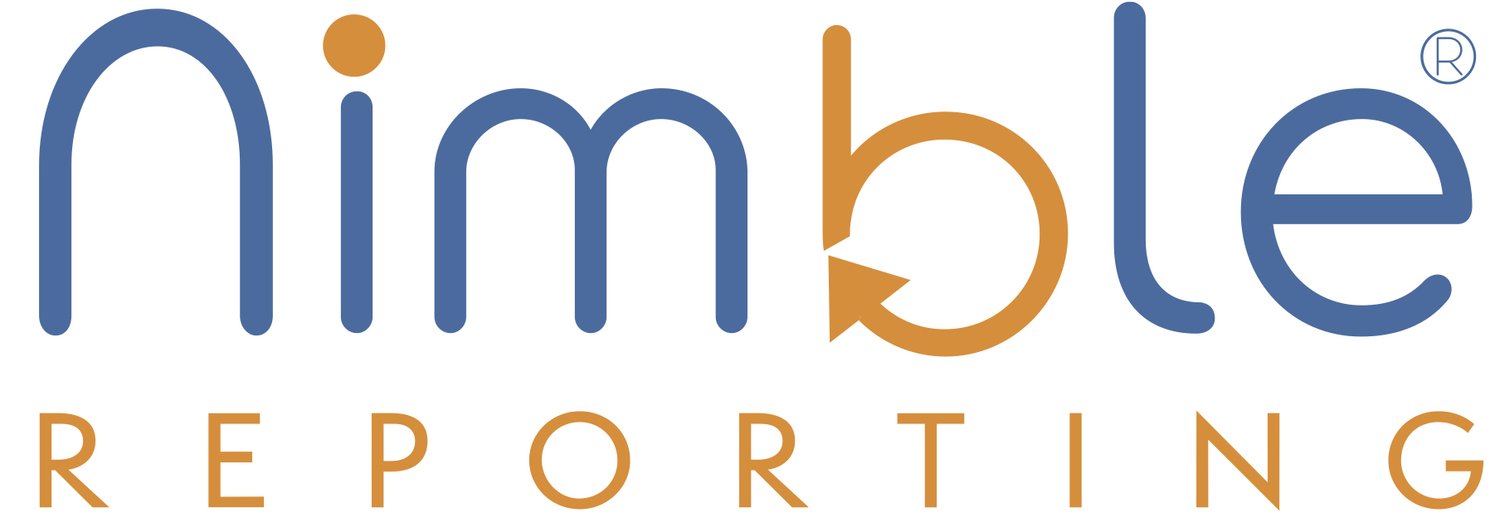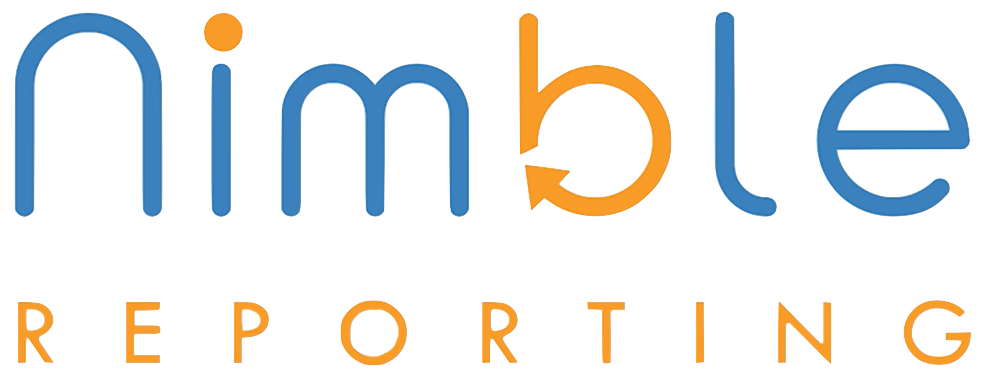The AI-Powered HR Renaissance: Shaping the Future of HR
As AI becomes an ever present part of our personal and business lives, we can expect great things from its advent. Of course there are always dangers associated with a new technology that can be considered a little unwieldly (all one has to do is look back and the Terminator movies or the Matrix series to be apprehensive.) However, one of its benefits is to cut to the chase and with HR this can be incredibly beneficial. Read how certain specific aspects of HR can be affected by artificial intelligence.
FROM MEDIUM / BY DRAKSHA SHARMA
AI isn’t a new phenomenon. Its roots trace back to the 1950s, with Alan Turing’s thought-provoking hypothesis: ‘Can machines think like humans?’ Despite its longstanding presence, the world is witnessing a hyper-rise of technology. With major developments in the socioeconomic landscape and technological breakthroughs, AI has gone mainstream, and now, it’s an all-pervasive phenomenon. Today, AI is at the forefront of industry decisions, influencing strategic planning, resource allocation, and operations.
In today’s transformative era, no facet of business is immune from AI, and HR is no stranger to its influence. AI has ushered in a paradigm shift in the way HR departments operate. It is revolutionizing core HR functions such as acquisition, employee engagement, and workforce planning. The integration of AI-driven chatbots, enterprise GPTs, and automated analytics platforms has streamlined HR processes. From guiding new joiners through their onboarding process to addressing routine queries of employees, the AI-enabled tools are effectively enhancing the HR function.
Here are the four most important things you need to know about the impact of AI on HR and how it is shaping the future of work.
1. Increased investment in AI technology: According to Gartner, a massive 81% of HR leaders have explored or implemented AI solutions to improve process efficiency within their organization. The funds are getting allocated across talent acquisition, employee engagement, and performance management practices to drive business growth and improve employee experience.
The increased financial commitment underscores the significance of AI in HR, demonstrating its essential role in driving company success. The Gartner study further states that 76% of HR leaders believe that if their organisation doesn’t adopt and implement AI solutions in the next 12 to 24 months, they will lag behind organizational success.
HR heads are now taking structured approaches to assess the technology and its usage in the workplace.
2. Minimised biases in HR processes: AI is helping leaders eliminate bias from their HR decisions. AI-powered tools rely heavily on pattern recognition and machine learning, which are designed to make decisions based on data. This feature of AI contributes to a more equitable and meritocratic workplace, where hiring decisions are made objectively rather than repeating what they’ve done in the past. Recruiters are inclined to make decisions based on personal experience or intuition which may lead to discrimination.
AI ensures a fair and level playing field for all candidates, fostering diversity and inclusion within the organization.
3. Refined employee engagement practices: Progress in AI is remaking the HR department and its practices. Each advancement in AI is being carefully evaluated for its potential impact on optimizing employee engagement. HRs are using the capabilities of AI and the expertise of professionals to develop employee engagement strategies that improve employee satisfaction and increase productivity. AI-backed tools are being used for:
● Automating day-to-day tasks
● Facilitating conflict resolution
● Gaining insights into employee preferences and,
● Identifying patterns in employee performance for targeted skill
development.
4. Performance Management: Traditional performance appraisal systems have always been a point of contention between HR professionals, management, and employees. The process is time-consuming and often accused of being biased and unfair. While employed evaluation aims to improve individual performance, it is also the baseline for compensation decisions. Hence, the process must remain objective and fair.
AI has the potential to solve this issue with data-driven algorithms and intelligent systems. Various AI-based performance management dashboards can analyze employees’ performance in real-time, based on the data logged by employees and managers. It offers a more accurate and fair assessment of employee performance, allowing managers tomake more data-driven decisions about compensation or training requirements.
Conclusion
AI is increasingly being used to improve many aspects of the HR function. It’s automating their mundane tasks and freeing up HR professionals to focus on more human-centered aspects of the job.
However, it’s crucial to draw a line on where AI should and shouldn’t be used to deal with people. Professionals should be mindful of the fact that their AI-led initiatives will have an effect across the employee life cycle. Therefore, a careful blend of human and machine intelligence will berequired to address issues where AI cannot provide the best outcome.
It’s crucial to underline that AI is here to stay and eventually organisations across industries will go for an AI upgrade. However, this adoption won’t be easy. It will require careful planning, significant training, and a lot of patience. Employee expectations will evolve and so will the way HR and ‘HR technologies’ work and interact. The end goal is to create a more efficient, agile, and technologically adept work environment that will be beneficial to both employees and employers alike.


